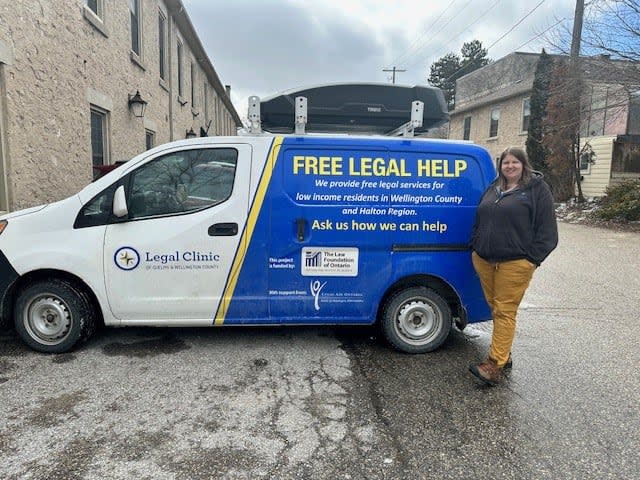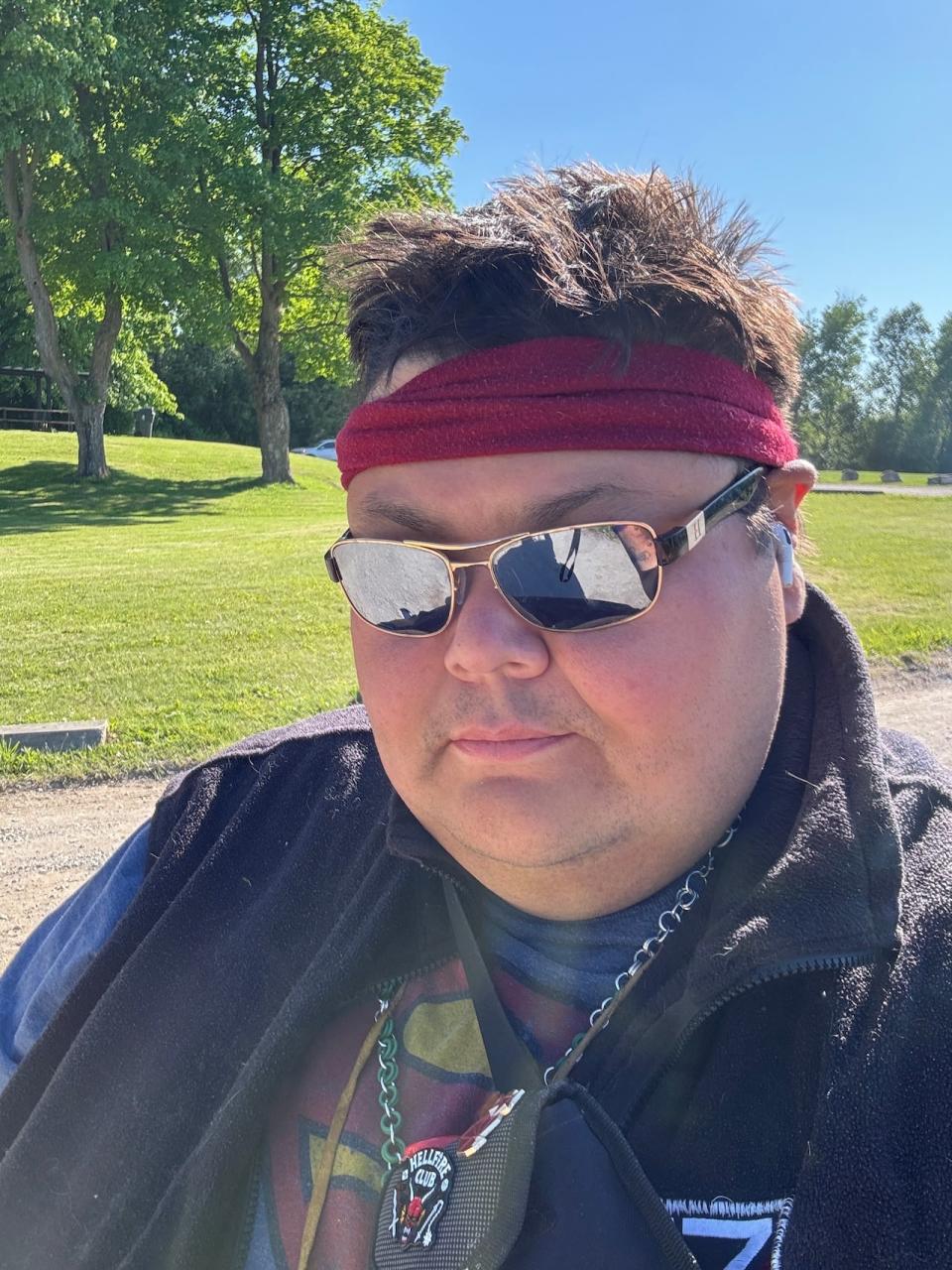How the Legal Clinic of Guelph and Wellington County will help Indigenous people reclaim traditional names
The Legal Clinic of Guelph and Wellington County will help members of the Indigenous community reclaim traditional names by providing free commissioning services as part of an initiative rolled out by the Ontario government earlier this year.
In January, the province announced it would be permanently waiving fees for Indigenous people who want to legally change their names to a traditional name or single name as part of their cultural traditions.
The fee waiver amounts to approximately $140, but most legal clinics charge a commissioning fee of between $20 and $50 for helping to file the paperwork.
Maddy Smith, a community worker at the Guelph clinic, says they want to remove all the barriers for Indigenous people to be able to legally change their names, including waiving the commissioning fee.
"We kind of already were playing with the idea of launching some ID clinics for members of the LGBTQ community and doing the commissioning for them," Smith told CBC News.
"So, it kind of was like, well, it's free, we're already doing commissioning services. It was kind of a no-brainer. And then we thought we won't limit it to just the criteria of the government and we'll do any Indigenous folks looking to reclaim a traditional name, we will do the commissioning for free, even if they don't meet the fee waiver standards for the government."

Smith said the Ontario government's fee waiver overlooks large sections of the Indigenous population who have probably been impacted through colonial practices and have had their names taken away.
According to Smith, her own daughter's traditional name was taken away because of the Indian Act and through the child welfare system, and she has now changed it back to one that benefited from the provincial fee waiver.
"She's now like one of four people that exists with that last name … [the name was] kind of at risk of going extinct. So, it was a pretty big deal and it links her directly to people from her nation in Alberta," Smith said.
"When she goes home to Siksika … people often ask, like, how are you connected? So, she can say, these are my grandparents, this is my last name, these are the people that I am connected to. So, it makes a big difference … she'll be able to feel connected to that place and those people who she's not with on a daily basis."
Being able to access the service 'means a lot'
Mike Dodd has welcomed the service being offered by the Legal Clinic of Guelph and Wellington County, and has started the process to change his name.
He says he was part of the Sixties Scoop and was scooped in 1981.
"I pretty much had a different name for almost my entire life," he told CBC News.
"When I started doing Indigenous advocacy, I started looking up to groups that were involved in the Sixties Scoop much like myself," he added.
"I decided to reclaim my identity back a couple of years ago when I decided to pursue my Indigenous spirit name with a local elder, and I just decided, you know what, it's time. It's time to let go of my colonized name, the name that I was never given a choice to be known by."

Dodd said he'd "rather have a name that feels more authentic to my Indigenous lived experiences" adding that "I start to grow my understanding of not just my roots and my identity, but who I am at the core."
"The name I was given by my elder was O'dah ziibing, which in OJibwe translates to heart of the river. And then the other name I want to take is my mother's birth name which is Ashkewe. She was a woman who was in my life on and off until she passed away back in 2018 and I figure the best part of me came from her. It gave me that fiery instinct to fight, that rebellious nature I've always kind of known, but it's the part of me that feels the most real," he said.
LISTEN | Why the Legal Clinic of Guelph and Wellington County wants to help Indigenous community reclaim their traditional identity:
Dodd said being able to access the service at the clinic "means a lot," taking into account all the problems that Indigenous people have faced over the last couple of years.
"Having the ability to reclaim our identities without much in the way of obstacle is certainly something that is nice to have in the Indigenous community," he said.
The Legal Clinic of Guelph and Wellington County says the name change service is supported by Ahwenehaode, Indigenous Justice Program.
Founded in December 2016, Ahwenehaode was created to:
Improve access to justice for First Nation, Metis and Inuit people by collaborating with Indigenous social agencies and networks to build relationships and trust.
Provide culturally respectful and appropriate clinic law services and an accessible means of support, intervention and assistance.
Foster and improve coordination and integration with other legal aid services and across all elements of the justice sector.

 Yahoo News
Yahoo News 
